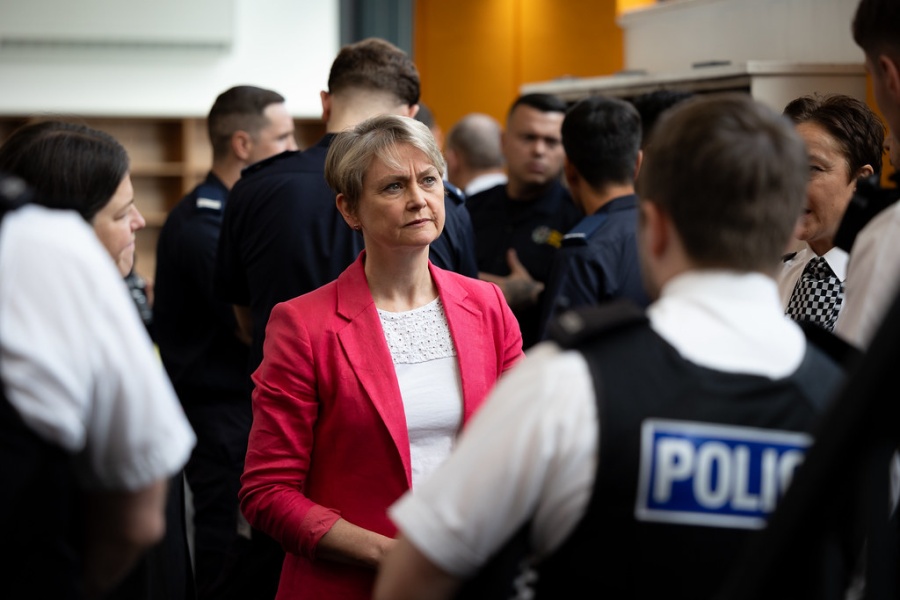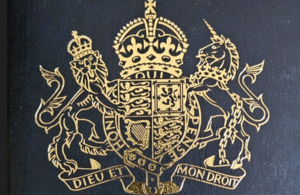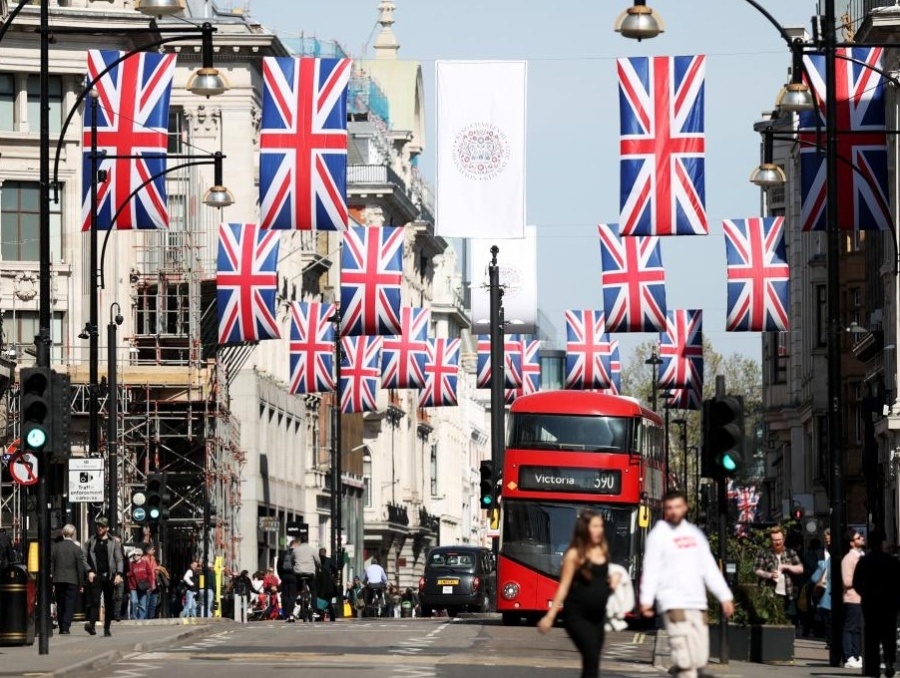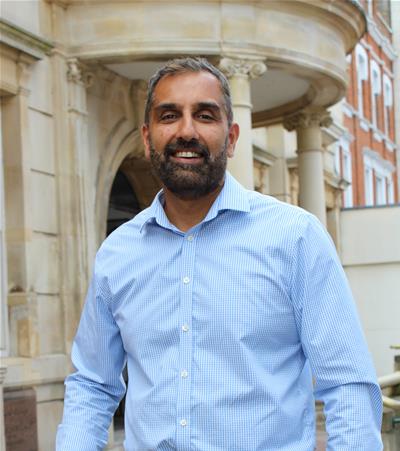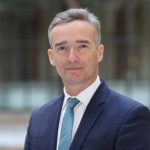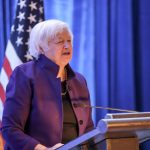Home secretary stresses need for economic cooperation, against backdrop of royal revelations…reports Asian Lite News
The home secretary, Yvette Cooper, has admitted the government has a “complex arrangement” with China because of the need for economic cooperation, against the backdrop of the exclusion of an alleged Chinese spy with links to Prince Andrew.
The man – who was banned from Britain by the government on national security grounds – was invited to Andrew’s birthday party and visited Buckingham Palace twice as well as St James’s Palace and Windsor Castle at the invitation of the prince, according to the Times.
It was reported by the Sunday Times that the man also met David Cameron and Theresa May and kept pictures of his meetings with the two prime ministers on the desk in his office. Both said they did not recall meeting him.
Cooper was asked on the BBC One’s Sunday with Laura Kuenssberg programme what her message was to China. “Well, we will continue to take a very strong approach to our national security, that includes to any challenge to our national security including to our economic security from China, from other countries around the world, that will always be the approach that we will take.
“Of course, with China we also need to make sure we have that economic interaction, economic cooperation in place as well. So it’s a complex arrangement.”
The former Conservative leader Sir Iain Duncan Smith has said he will raise an urgent question about the man in the Commons on Monday, raising the possibility he could be named under parliamentary privilege.
On Friday, the Duke of York said he had “ceased all contact” with the businessman when concerns were first raised about him. A statement from the prince’s office said Andrew met the individual through “official channels”, with “nothing of a sensitive nature ever discussed”.
The businessman, referred to as H6, brought his case to the special immigration appeals commission (Siac), which upheld a ruling that he should be excluded from the UK.
The shadow home secretary, Chris Philp, said proven instances of Chinese interference needed to be publicly exposed in order to keep the public and government vigilant.
“This question of Chinese influence is not a new one. It’s been around for years, or even decades,” he told the BBC. “They’ve been systematically trying to infiltrate universities, to steal intellectual property businesses for the same reason, and also influence government institutions. We need to be super-vigilant and publicly expose Chinese infiltration where it happens. Everybody in academia, in business, in government needs to be alert. If anyone has the slightest concern, they should contact the security services immediately.”
In the letter from the home secretary excluding the businessman in July last year, it said: “We have reason to believe you are engaging, or have previously engaged, in covert and deceptive activity on behalf of the United Front Work Department (UFWD) which is an arm of the Chinese Communist party (CCP) state apparatus.”
The alleged spy was initially stopped at an airport in November 2021 where his phone was seized. Communication on the phone, which is set out in the hand down from Siac, suggests there was high-level contact between the businessman and the prince.
In a message from the duke’s adviser, Dominic Hampshire, it said: “Outside of his closest internal confidants, you sit at the very top of a tree that many, many people would like to be on.”
It also contained a message from the duke’s adviser to the businessman, which said that since their first meeting “we have wisely navigated our way around former private secretaries and we have found a way to carefully remove those people who we don’t completely trust … we found away to get the relevant people unnoticed in and out of the house in Windsor”.
‘Advice ignored’
Ministers failed to act on advice to tighten security laws that could have prevented an alleged Chinese spy from targeting Prince Andrew, a former attorney general has said.
Dominic Grieve, a former Tory MP who chaired the Intelligence and Security Committee (ISC) until 2019, said ministers were advised five years ago to introduce laws to criminalise foreign agents, but failed to do so. Similar laws already exist in the US and Australia.
“We remain without an important weapon in our armoury,” Grieve said. “We asked for [this law] in the context of the Russia inquiry report” – which accused the government of failing to investigate Russian interference in British politics – “and in my view we badly need it. This reinforces the need to do it.”
On 13 December, court papers revealed that a businessman accused of being a Chinese spy had become “a close confidant” of the Duke of York, Prince Andrew. It emerged that Andrew had invited the man to Buckingham Palace.
In 2019, the ISC recommended ministers make it a criminal offence to act as an agent of a foreign power without disclosing that fact. If parliament had adopted the new law, foreign agents could be arrested.
ALSO READ: Moldovan Foreign Minister in India for first official visit


